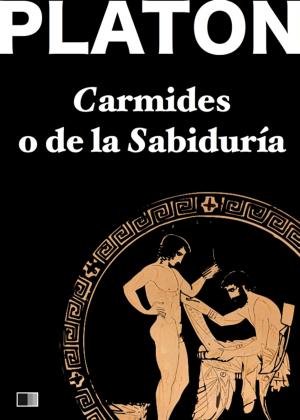Arthashastra : a treatise on the art of government
Premium Ebook
Nonfiction, Religion & Spirituality, Philosophy, Political, Social & Cultural Studies, Political Science| Author: | Kautilya, Chanakya | ISBN: | 9791029907234 |
| Publisher: | FV Éditions | Publication: | April 27, 2019 |
| Imprint: | Language: | English |
| Author: | Kautilya, Chanakya |
| ISBN: | 9791029907234 |
| Publisher: | FV Éditions |
| Publication: | April 27, 2019 |
| Imprint: | |
| Language: | English |
*** Premium Ebook ***
Written in the 4th century before Christ by Kautilya, also known as Chanakya, The Arthashastra is one of the earliest works of political realism to have been written, along with Sun Tzu's The Art of War and Machiavelli's The Prince. It is considered as the most comprehensive treatise on statecraft of classical times. First ever book written on Practice of Management, this treatise is also about foreign policy, administration, economic reforms, policies and war.
Quote :
Whoever imposes severe punishment becomes repulsive to the people; while he who awards mild punishment becomes contemptible. But whoever imposes punishment as deserved becomes respectable. For punishment when awarded with due consideration, makes the people devoted to righteousness and to works productive of wealth and enjoyment; while punishment, when ill-awarded under the influence of greed and anger or owing to ignorance, excites fury even among hermits and ascetics dwelling in forests, not to speak of householders.
*** Premium Ebook ***
Written in the 4th century before Christ by Kautilya, also known as Chanakya, The Arthashastra is one of the earliest works of political realism to have been written, along with Sun Tzu's The Art of War and Machiavelli's The Prince. It is considered as the most comprehensive treatise on statecraft of classical times. First ever book written on Practice of Management, this treatise is also about foreign policy, administration, economic reforms, policies and war.
Quote :
Whoever imposes severe punishment becomes repulsive to the people; while he who awards mild punishment becomes contemptible. But whoever imposes punishment as deserved becomes respectable. For punishment when awarded with due consideration, makes the people devoted to righteousness and to works productive of wealth and enjoyment; while punishment, when ill-awarded under the influence of greed and anger or owing to ignorance, excites fury even among hermits and ascetics dwelling in forests, not to speak of householders.















